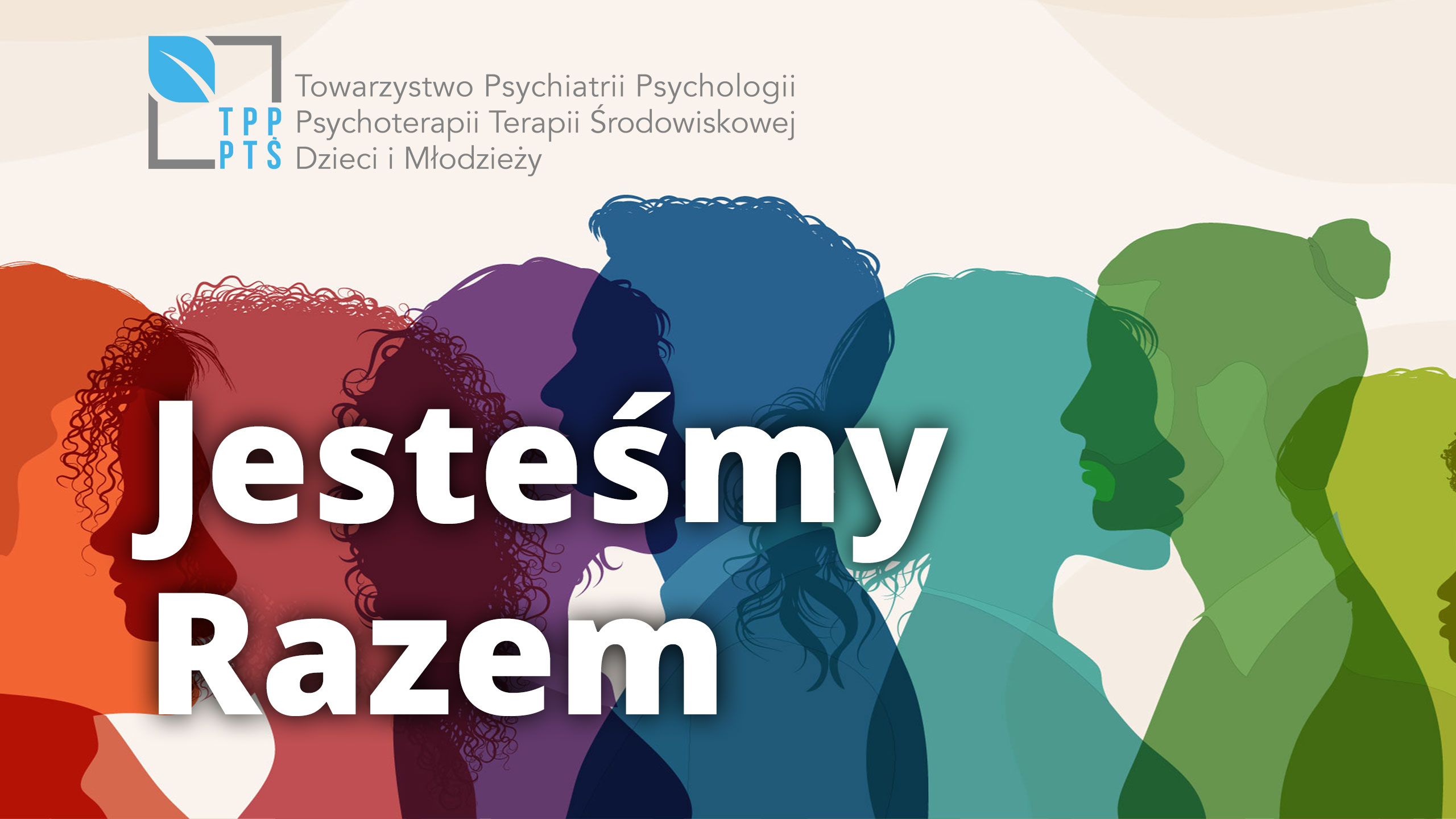The war in Ukraine and the dynamics of PTSD and depression in Poles aged 50+
Ewa Małgorzata Szepietowska
 Affiliacja i adres do korespondencji
Affiliacja i adres do korespondencjiIntroduction and objective: Older Poles are a group particularly exposed to mental health disturbances in connection with the war in Ukraine. The aim of this research was to determine the severity and dynamics of post-traumatic stress disorder (PTSD), depression and somatic symptoms in the first year of the war in Ukraine, the relationship between PTSD and depression and sociodemographic factors, as well as to identify factors that increase the risk of PTSD and depression persisting a year after Russia’s aggression against Ukraine. Materials and methods: People aged ≥50 years (N = 116) were included in the study. The respondents were asked to complete the questionnaires twice, i.e. taking into account 2022 (beginning of war) and 2023 (a year after the outbreak). The International Trauma Questionnaire (ITQ), Patient Health Questionnaire (PHQ-9) and 8 items from the Patient Health Questionnaire – Somatic Symptoms (PHQ-15) were used. Results: In 2022, nearly 40% of respondents presented with PTSD, and over 60% showed depressed mood. In 2023, the number of people meeting the criteria for PTSD and depression decreased. Women showed higher levels of PTSD and depression. Higher levels of PTSD symptoms were observed among people with higher education. A greater decrease in the severity of PTSD was found among those declaring involvement in providing help for Ukraine. Older age and a higher baseline ITQ or PHQ-9 score favoured the persistence of PTSD and depression in 2023. Conclusions: Factors contributing to poor mental health other than the war itself may include the negative effects of the COVID-19 pandemic, current socioeconomic changes and past traumas.





















